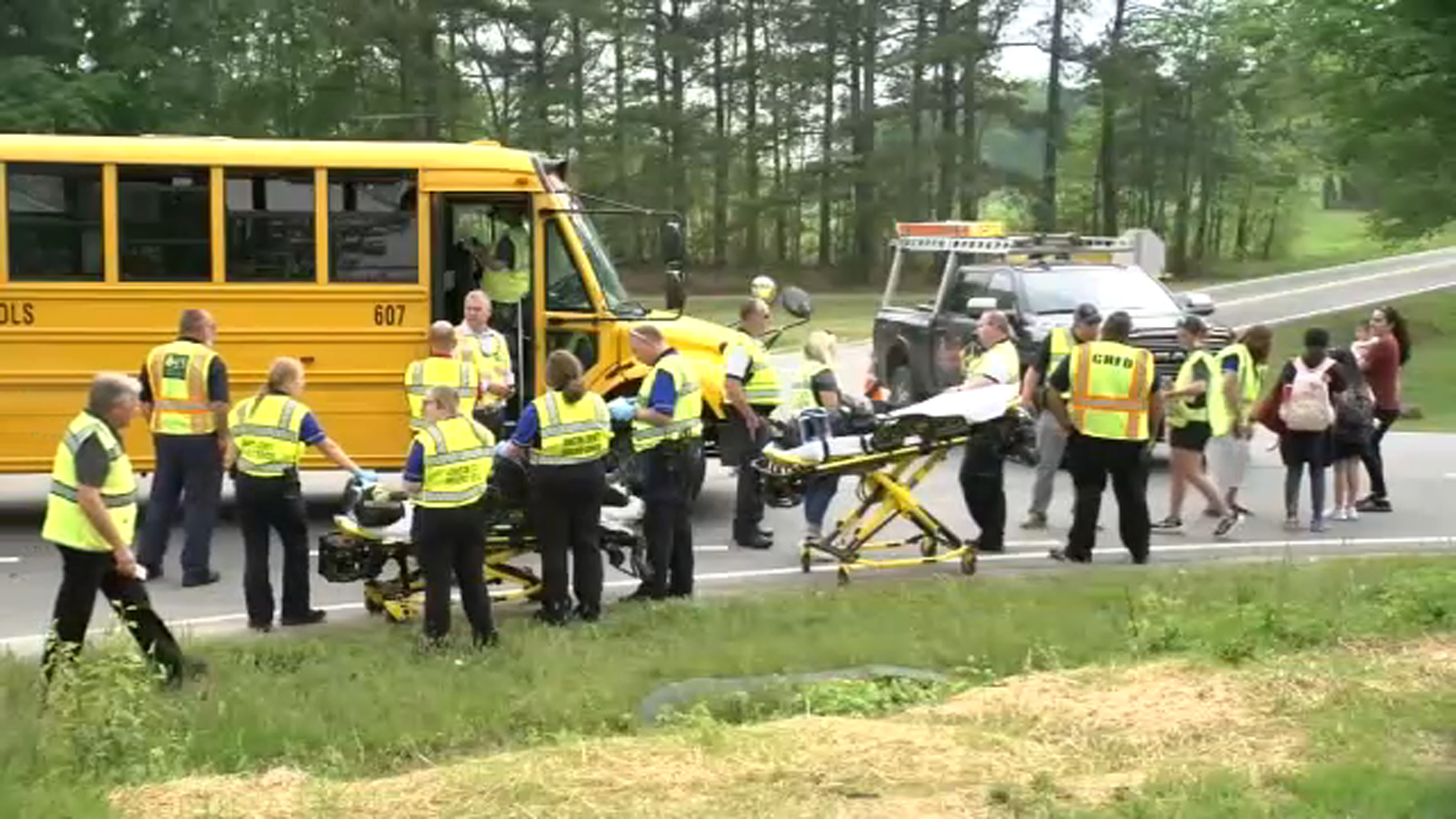Researchers genetically improve NC Christmas trees

MADISON COUNTY, N.C. (WTVD) -- While you're sitting around your Christmas tree this holiday, researchers in the North Carolina mountains have been working to perfect the next generation of trees you'll bring home to adorn with ornaments and lights in the years to come.
"We are much closer to being able to provide consumers with a more consistent, higher quality tree," Jeff Owen, an area extension forestry specialist at North Carolina State University, said of the work NCSU has been doing for decades.
Owen worked with a team of people made up of NCSU students, active and retired research faculty, the entire Upper Mountain Research Station staff, and many more who have cared for an orchard at the Upper Mountain Research Station in Laurel Springs.
The team combined two trees, grafting improved Fraser Fir onto Canaan Fir root stock, which has a stronger root system that is more disease resistant. The union is then wrapped with a special rubber band and painted with a yellow grafting sealer. A couple of weeks later, the tree's buds break and new genetically improved needles will grow on the tree. The Canaan Fir provides the roots of the tree, while the Fraser provides the canopy; eventually, the Canaan Fir branches are cut off.
"The idea is to be able to produce a perfect Christmas tree that has branches in all the right places, a perfect shape, has a good needle retention so it holds up beautifully through the season and is a safe product to have in your home," Owen said.
North Carolina is second in the nation, behind Oregon, in Christmas tree production. Owen said ensuring the industry has a reliable, consistent product is crucial for supporting the growers.
"The second generation orchard that was planted in the late 1990s has been providing seed for the last several years," Owen said. "So growers can use that seed and select particular families out of that orchard to target characteristics they want to improve, whether that be needle retention, whether that be faster, more uniform growth of the Christmas tree. And that is a step above what they've been able to plant from other sources."
In a sparse season like this year's, Owen said a higher quality, more consistent tree would mean growers could get their trees to market faster. He called NCSU's program a major success for North Carolina's Christmas tree industry.
Owen had his own ideas about what a makes a Christmas tree perfect.
"Well for me, I like a tree that's got a good conical shape, nice uniform branching, good dark green color, and of course it's gotta hold its needles well," Owen said, while looking at the nine-foot Fraser Fir sitting in his living room.





